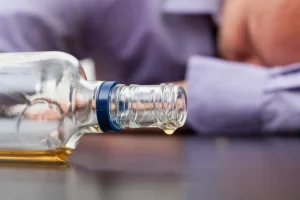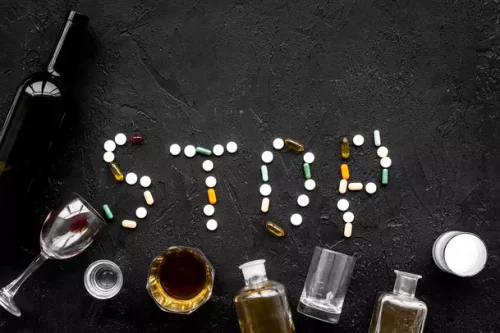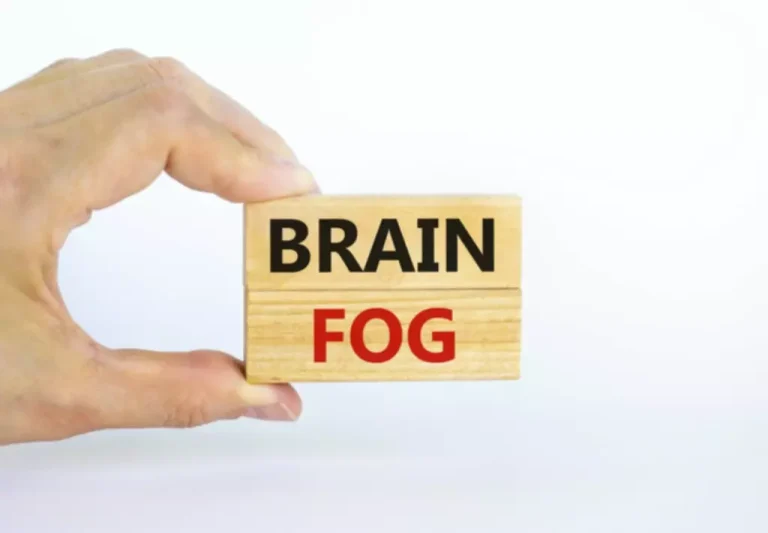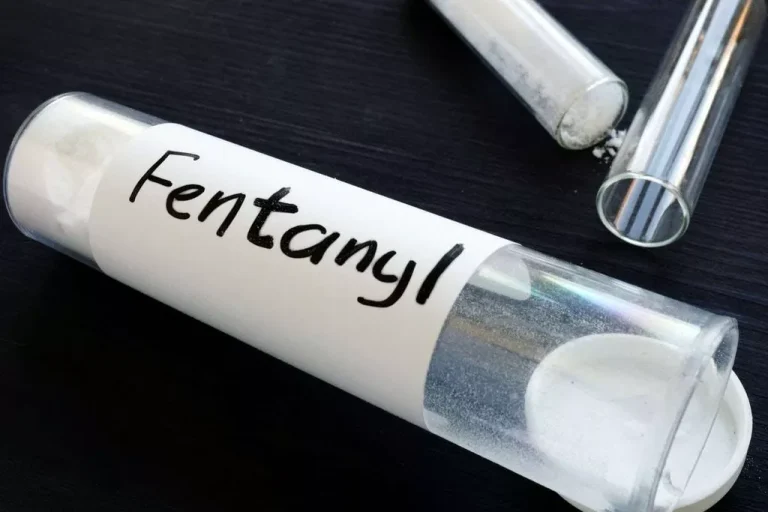
According to the National Cancer Institute, alcohol use has been linked to an increased risk for cancers of the mouth, liver, breast, colon, and rectum. On the other hand, multiple studies have shown moderate alcohol consumption may lower your odds of heart trouble. More research suggests your risk for stroke, diabetes, and mortality may all rise slightly when you give up booze—assuming you were a light drinker before you quit.
Outpatient Treatment
Quitting alcohol for one month seems like a short time, but a 2015 study found that many people who participate in Dry January continue to drink less six months later. The “One Week No Booze Method” recently went viral on TikTok and participants are challenged to stop drinking for one week each month. This method adds up to three months a year without alcohol, it could be an option for people who want to continue taking manageable breaks from alcohol beyond Dry January. Here’s a timeline of how your body might react after you stop drinking alcohol.
A healthier heart

Along with anxiety and irritability, you may also experience mood swings when you give up alcohol. But once you fall into slumber, it can wake you up repeatedly in the night. Plus, it disrupts the important REM stage of sleep and may interfere with your breathing. Try skipping alcohol, especially in the late afternoon and evening, for more restful shut-eye. A glass of regular beer has about 150 calories, and a serving of wine has about 120.

What are the symptoms of alcohol withdrawal?
- However, when you drink in excess, the enzyme gets saturated and is metabolized by a different enzyme.
- Even cutting back your drinking by a third can lower the number of injuries and sick days.
- If you’ve been trying to get to and maintain a weight that supports your health, quitting alcohol can help you meet that goal.
- It can be hard to find (or even know) the balance of how much alcohol your body is able to handle.
- Drinking—especially a fine wine or scotch habit—is an expensive undertaking.
- If you’ve been drinking heavily or for long periods, the impact will be more pronounced, and it will take longer for your neurotransmitter systems to restore their balance in your body.
Signs of an impending seizure include tremors, increased blood pressure, overactive reflexes, and high temperature and pulse. Having a history of seizures increases your risk for withdrawal seizures. If you are thinking about quitting drinking, talk to your healthcare provider. Medical supervision, behavioral health treatment, and mutual-aid groups can help you through alcohol withdrawal and stay stopped. Your doctor may also prescribe medications that can reduce withdrawal symptoms and cravings. Vivitrol (naltrexone), Campral (acamprosate), and Antabuse (disulfiram) have been FDA-approved to treat alcohol use disorder.
- “Secondly, the calories in alcohol often go unrecognised and contribute to overweight and obesity,” she adds.
- Alcohol withdrawal symptoms range from mild but annoying to severe and life-threatening.
- Alcohol is linked with several types of cancer, including mouth, throat, voice box, esophagus, liver, colon and rectum, and breast cancer in females.
Seizures can occur within 6 to 48 hours, while hallucinations can occur within 12 to 48 hours after drinking is reduced or stopped, says Dr. Nolan. This is considered a medical emergency because it can lead to what happens when you stop drinking permanent brain damage. The first symptoms—and maybe the only symptoms—you experience may resemble a bad hangover. She adds that withdrawal can also occur after a significant reduction in alcohol consumption.
Your body can allocate its resources more effectively to fight off infections, making you less prone to common colds, flu and other ailments, she says. That heightened immunity can mean fewer sick days, increased energy levels and an overall improved sense of well-being, adds Andrews. “These improvements can be observed not only in people who abstain from alcohol but in people who reduce heavy drinking,” Volpicelli says. A big part of alcohol recovery is taking steps to improve your lifestyle through changes like diet and exercise. If you’ve been trying to get to and maintain a weight that supports your health, quitting alcohol can help you meet that goal.
What Causes Alcohol Withdrawal Symptoms?
- This will lead to improved nutrition, which can profoundly impact your overall health, especially over time.
- It can make your family and friends feel as if you are choosing an addiction over them and cause you to act in ways that are destructive to relationships.
- If you’re not sure if your drinking crosses a certain line or not, try measuring your alcohol intake.
There are specific treatments available for anyone who wants to stop drinking—even after long-term, chronic alcohol use. Most people with mild to moderate alcohol withdrawal don’t need treatment in a hospital. But severe or complicated alcohol withdrawal can result in lengthy hospital stays and even time in the intensive care unit (ICU).
Can giving up alcohol affect your mental health?

As a therapist that helps people stop drinking, I often hear from clients that they want to make a change, but are intimidated by the potential of experiencing withdrawal symptoms. Withdrawal is a real possibility when cutting back or cutting out alcohol, but it can be safely managed and mitigated with the right tools. If you already have alcohol use disorder, it’s important to seek counseling and medical care as soon as possible. The goal is to safely and gradually decrease your dependence on alcohol so that you can resume your daily life. Your risk for cancer falls, though your heart disease risk may creep up.

Plus, you may notice improvements in your skin, experience deeper sleep and feel more energetic. After two weeks into quitting alcohol, you may start to lose weight, due to the removal of calories from alcoholic drinks. This typically occurs after five or more drinks for men and four or more drinks for women. A healthcare provider will also run tests to rule out other medical conditions that have similar symptoms of alcohol withdrawal or occur alongside withdrawal. These conditions include gastrointestinal bleeding, infection, intracranial hemorrhage (acute bleeding in the brain), and liver failure. Alcohol withdrawal (alcohol withdrawal syndrome) is a range of symptoms that can happen if you stop or significantly reduce alcohol intake after long-term use.
Alcohol use and poor sleep are closely linked because alcohol messes with your sleep-wake cycle. When you quit drinking, you’ll probably notice that the colds, flu, and other illnesses you always seem to catch happen less often. When you do get sick, you’ll probably feel like you recover more easily when you’re sober. When you stop drinking and start focusing on your health, you’ll likely start to feel better once your body is properly nourished. Even if you don’t drink a lot, the end of an alcohol-free month is a good time to reflect on your relationship with alcohol.
